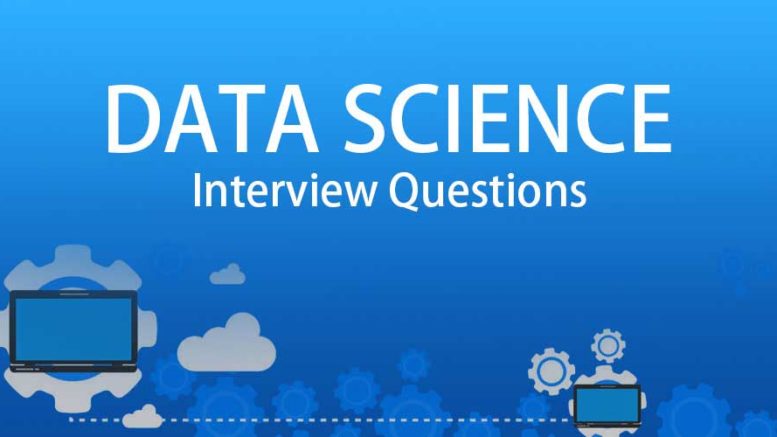Before we move this forward let us be clear on one fact that a data science job is not necessarily a data scientist job. There are a plethora of different roles and responsibilities which involve data science skills ranging from data mining, data architecture, analysis, predictive modelling, so on and so forth. Here we will try to get a general image of an interview scene that involves data science skills.
Getting to the interview
The data science and analytics sectors have created an unprecedented amount of vacancy in the job market. However a lot of enthusiasts find it difficult even to get called for an interview. It happens mostly because of a gap between the skill set of the applicant and the requirements of the company. You must remember that there is a lot of rush for entry level data science jobs. So, if you are not getting a call, maybe there is something wrong with your application.
Make sure your resume lines up with the job role. If you think there is some new skill that you need to acquire, do that first. Your data science and big data training should be comprehensive.
And even before you apply for a job make sure you have worked on some project or built some model on platforms like Github to show your experience.
If you do get a call
Congratulations are in order because you have crossed the first and most perilous hurdle. The data science interview is right at the doorstep to fry your brains. It is likely that you will search desperately for clues to crack the interview. The problem is that there is not a pattern in data science interviews as yet. You can just vaguely classify the whole interview in certain parts; assess your position in each of them and work on areas that look bleak.
Anatomy of an interview
Statistics: You can expect a couple of questions to assess your statistical knowledge. If you are applying for a data science position you are supposed to be well versed with statistical models.
Programming: Some data science positions do not require programming knowledge. But most of them do. A firm knowledge of Python can help you along. SQL can also come handy. First they can ask you to solve a problem theoretically. Then they may ask you to write the necessary code.
Modelling: They might want to see how good you are with solving problems with data science models. If you already have some project to show that could be to your advantage. If they like you they can send you home with a project.
Behavioral: This part is more important than many may think. The employer needs to know if you are a good person to work with. There will be questions to assess your behavioral trend. They will observe how you behave under stress or in success. Keep your calm and stay humble.
Cultural: It is wise to learn extensively about the company so that you have a clear picture of the culture they have. Make sure you really fit in.
Remember they want to hire the perfect employee as much as you want the job. So, do not fret and inferiorize yourself.

Be the first to comment on "Do Excel and data science go well together?"